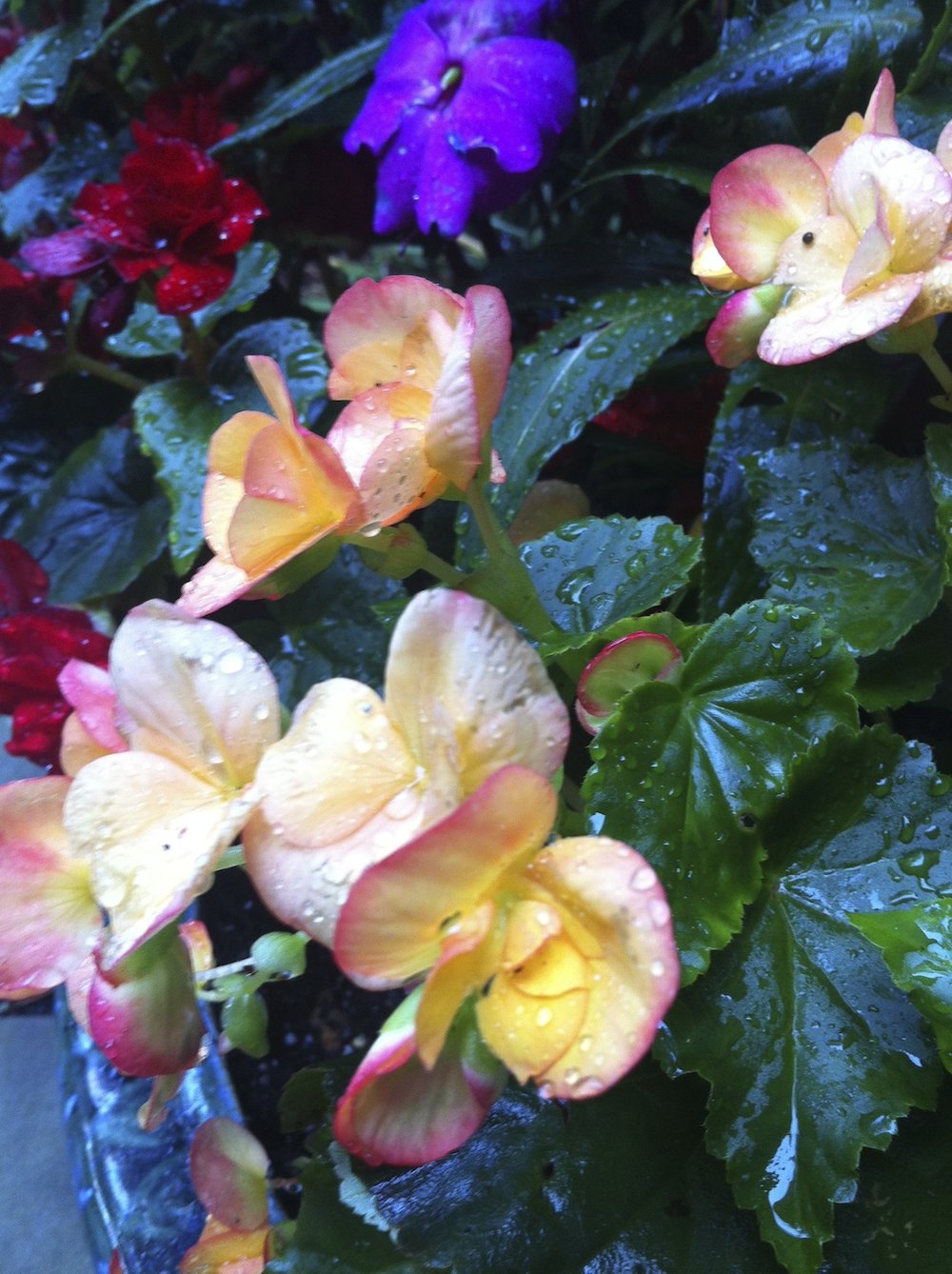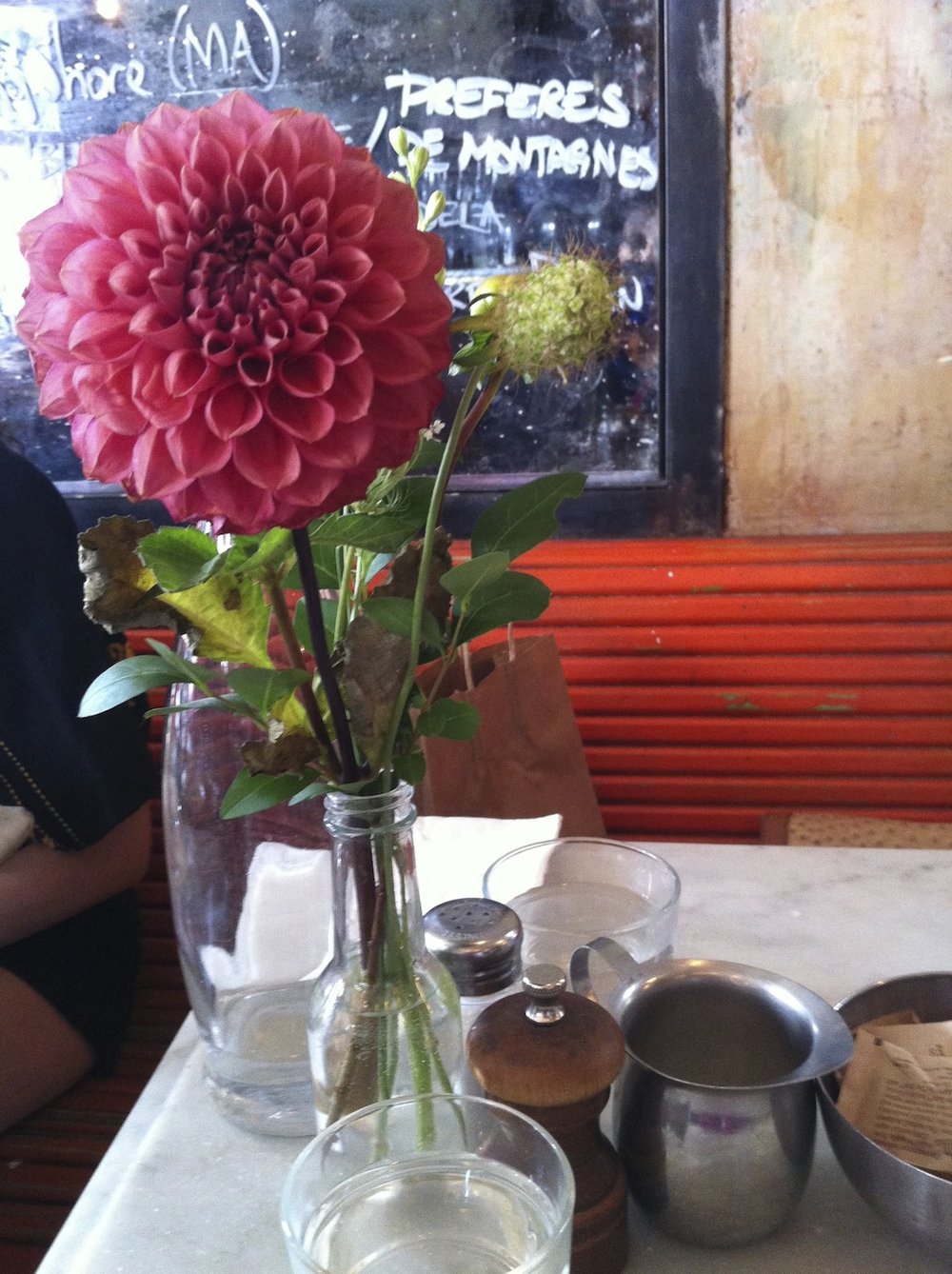 One of the things my organizing clients frequently say to me is, “Linda, I don’t know what I’d do without you.” They say that because I’m there for them 100% to help them move past overwhelm and reach their goals in the organizing areas they find challenging. While our organizing sessions are often filled with fun and humor, I take my role as helper and support person seriously. I’m grateful for the trust my clients place in me.
One of the things my organizing clients frequently say to me is, “Linda, I don’t know what I’d do without you.” They say that because I’m there for them 100% to help them move past overwhelm and reach their goals in the organizing areas they find challenging. While our organizing sessions are often filled with fun and humor, I take my role as helper and support person seriously. I’m grateful for the trust my clients place in me.
Being in a supportive role means suspending my own agenda so that I can help my clients focus on their needs. This is integral to the organizing work that I do. While I love helping others, it’s essential that I rejuvenate and help myself too. Otherwise I’m no good to anyone else.
These days are particularly full with running Oh, So Organized!, working with my clients, being President of ICD, writing, presenting, traveling, managing family responsibilities and more. Recharging is essential. Being outside helps me.
On a recent walk, my racing thoughts of to dos slowed down as I breathed in and shifted the focus to my senses. I noticed the bright sun and green around me, felt the warm summer air, heard the birds conversing and leaves rustling, and smelled the earthy scent of the path below my feet. My walk through the woods led me to one of my favorite spots by the river.
Once there, I planted myself on a rock in the middle of the river. I was surrounded by water. I felt centered and calm as the sun warmed me, the river flowed around me, and I breathed in and out deeply. The river helped me, so that I could continue helping others.
I’d love to hear from you. Come join the conversation and share with us. What are your thoughts? What helps you rejuvenate?






